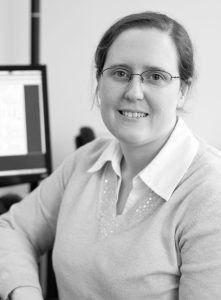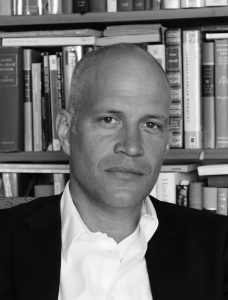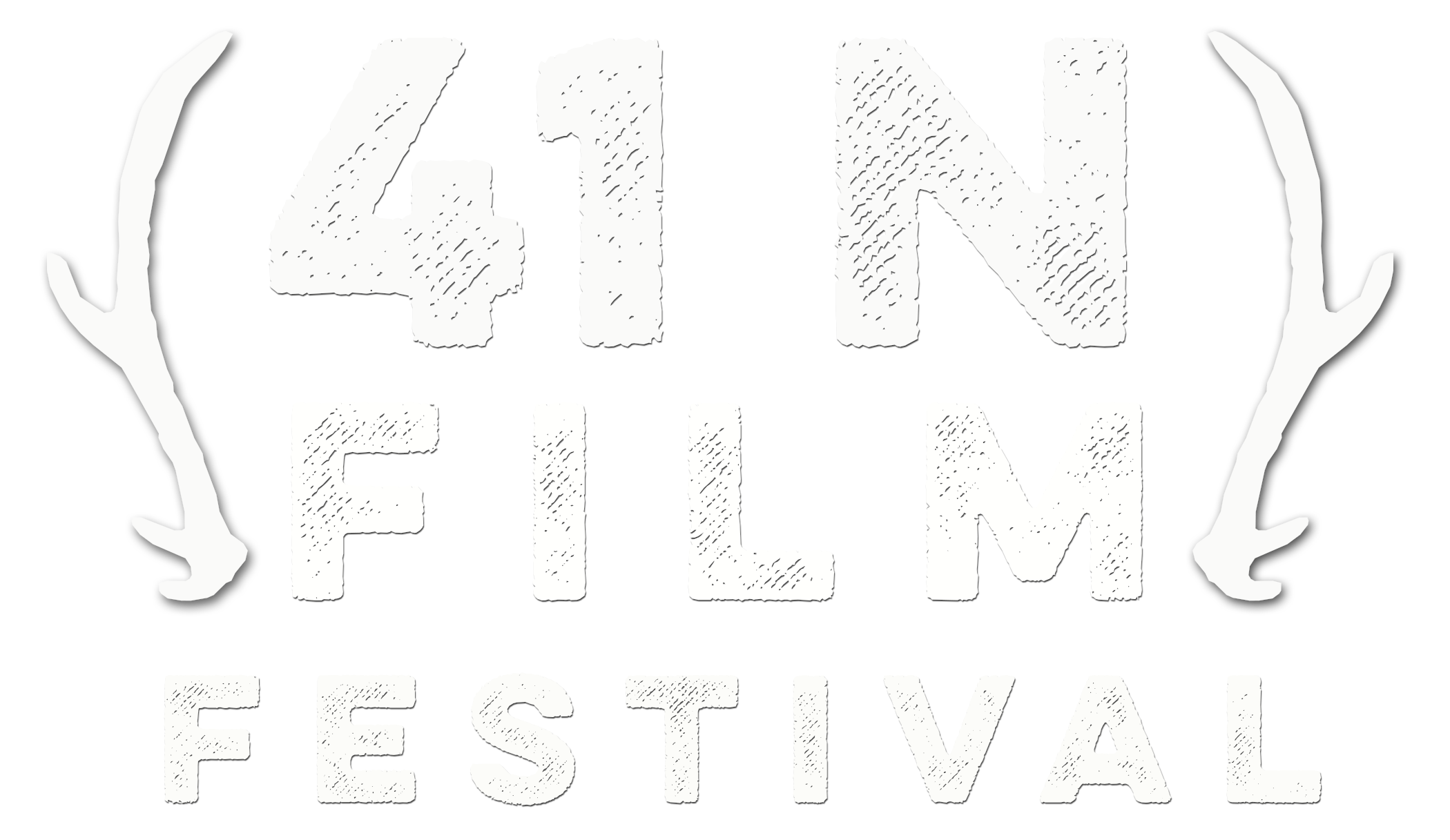Tim Havens
 Dr. Havens is the Director of the ICC Center for Data Sciences and the PRIME Lab, and Director of the MTU Data Science Graduate Program. Prior to joining Michigan Tech in 2012, Tim was an NSF/CRA Computing Innovation Fellow at Michigan State University (MSU) and a Research Associate at the University of Missouri (MU). At MSU, Dr. Havens developed machine-learning methods for clustering in large heterogeneous data sets. His work at MU focused on multi-modal data fusion and detection algorithms and fuzzy clustering. Before working on his Ph.D., he was an Associate Technical Staff at MIT Lincoln Laboratory, where he analyzed airborne directed energy systems, laser-illuminated target ID systems, and GPS signals in support of the U.S. Air Force. His interests include mobile robotics, explosive hazard detection, heterogeneous and big data, fuzzy sets, and sensor networks, and data fusion. He has coauthored over 110 technical publications and is an Associate Editor of the IEEE Trans. Fuzzy Systems. He has been funded by MIT Lincoln Laboratory, Akela Inc., Michigan DOT, USDOT, Army Research Office, US Army, NSF, the RAND/John A. Hartford Foundation, and the Leonard Wood Institute.
Dr. Havens is the Director of the ICC Center for Data Sciences and the PRIME Lab, and Director of the MTU Data Science Graduate Program. Prior to joining Michigan Tech in 2012, Tim was an NSF/CRA Computing Innovation Fellow at Michigan State University (MSU) and a Research Associate at the University of Missouri (MU). At MSU, Dr. Havens developed machine-learning methods for clustering in large heterogeneous data sets. His work at MU focused on multi-modal data fusion and detection algorithms and fuzzy clustering. Before working on his Ph.D., he was an Associate Technical Staff at MIT Lincoln Laboratory, where he analyzed airborne directed energy systems, laser-illuminated target ID systems, and GPS signals in support of the U.S. Air Force. His interests include mobile robotics, explosive hazard detection, heterogeneous and big data, fuzzy sets, and sensor networks, and data fusion. He has coauthored over 110 technical publications and is an Associate Editor of the IEEE Trans. Fuzzy Systems. He has been funded by MIT Lincoln Laboratory, Akela Inc., Michigan DOT, USDOT, Army Research Office, US Army, NSF, the RAND/John A. Hartford Foundation, and the Leonard Wood Institute.
Laura Brown
 Dr. Brown is an Associate Professor of Computer Science at Michigan Technological University. Her broad research interests are in the areas of artificial intelligence, machine learning, and data mining. Projects are aimed at both theoretical topics in these areas as well as the application of techniques to other domains (e.g., clinical medicine, biology, electrical power systems, microgrids, computer systems, etc.). Through her research activities and collaborations across campus, Laura is a member of the Institute of Computing and Cybersystems (ICC) and the Center for Agile Interconnected Microgrids (AIM). She also serves on the executive committee and program faculty for the Data Science M.S. degree and graduate certificate program. Laura is the co-advisor for Women in Computing Science (WiCS) which started an annual programming competition, BonzAI Brawl, in 2008. In recent years, WiCS and members of the Husky Game Development Enterprise (HGD) have jointly worked in crafting this event.
Dr. Brown is an Associate Professor of Computer Science at Michigan Technological University. Her broad research interests are in the areas of artificial intelligence, machine learning, and data mining. Projects are aimed at both theoretical topics in these areas as well as the application of techniques to other domains (e.g., clinical medicine, biology, electrical power systems, microgrids, computer systems, etc.). Through her research activities and collaborations across campus, Laura is a member of the Institute of Computing and Cybersystems (ICC) and the Center for Agile Interconnected Microgrids (AIM). She also serves on the executive committee and program faculty for the Data Science M.S. degree and graduate certificate program. Laura is the co-advisor for Women in Computing Science (WiCS) which started an annual programming competition, BonzAI Brawl, in 2008. In recent years, WiCS and members of the Husky Game Development Enterprise (HGD) have jointly worked in crafting this event.
Steven Goldsmith
 Dr. Steven Goldsmith is a currently a Research Professor and lecturer at Michigan Technological University with appointments in the Mechanical Engineering and Engineering Mechanics Department, the Electrical and Computer Engineering Department, and the Institute for Computing and Cybersystems. He is also a Senior Fellow with the Technological Leadership Institute at the University of Minnesota. Dr. Goldsmith spent 32 years with Sandia National Laboratories and retired as Distinguished Member of the Technical Staff in 2011. Until retirement in 2011 he was the principal investigator of Sandia’s Advanced Information Systems Laboratory and a cyber systems intelligence analyst for the Department of Energy. While at Sandia he managed the development of information and control systems for many different applications, including nuclear weapon testing, particle beam accelerator control, arms control treaty verification, cryptography, power grid coordination, collective robotics, information warfare, and automated cyber systems. His current research efforts are focused on artificial intelligence and multiagent systems with an emphasis on cyber security and advanced controls for power microgrids.
Dr. Steven Goldsmith is a currently a Research Professor and lecturer at Michigan Technological University with appointments in the Mechanical Engineering and Engineering Mechanics Department, the Electrical and Computer Engineering Department, and the Institute for Computing and Cybersystems. He is also a Senior Fellow with the Technological Leadership Institute at the University of Minnesota. Dr. Goldsmith spent 32 years with Sandia National Laboratories and retired as Distinguished Member of the Technical Staff in 2011. Until retirement in 2011 he was the principal investigator of Sandia’s Advanced Information Systems Laboratory and a cyber systems intelligence analyst for the Department of Energy. While at Sandia he managed the development of information and control systems for many different applications, including nuclear weapon testing, particle beam accelerator control, arms control treaty verification, cryptography, power grid coordination, collective robotics, information warfare, and automated cyber systems. His current research efforts are focused on artificial intelligence and multiagent systems with an emphasis on cyber security and advanced controls for power microgrids.
Scott Marratto
 Dr. Scott Marratto is an Assistant Professor of Philosophy at Michigan Technological University. His research interests include twentieth century continental philosophy, the history of philosophy, and philosophical issues in science and technology. He is co-author (with Lawrence E. Schmidt) of The End of Ethics in a Technological Society (McGill-Queens University Press, 2008). He recently published a book entitled The Intercorporeal Self: Merleau-Ponty on Subjectivity (SUNY Press, 2012) in which he examines the contribution of French philosopher Maurice Merleau-Ponty to contemporary discussions of subjectivity, embodiment, language, and our relations with others. His current research is focused on the political implications of contemporary philosophical accounts of spatiality and embodiment.
Dr. Scott Marratto is an Assistant Professor of Philosophy at Michigan Technological University. His research interests include twentieth century continental philosophy, the history of philosophy, and philosophical issues in science and technology. He is co-author (with Lawrence E. Schmidt) of The End of Ethics in a Technological Society (McGill-Queens University Press, 2008). He recently published a book entitled The Intercorporeal Self: Merleau-Ponty on Subjectivity (SUNY Press, 2012) in which he examines the contribution of French philosopher Maurice Merleau-Ponty to contemporary discussions of subjectivity, embodiment, language, and our relations with others. His current research is focused on the political implications of contemporary philosophical accounts of spatiality and embodiment.
Josh Manela
 Josh Manela (ECE, ’16) is a software engineer in machine learning for Argo AI, an artificial intelligence company based in Pittsburgh, Pennsylvania, with engineering hubs in southeastern Michigan and California’s Bay Area. Founded by former Uber and Google employees, Argo AI has partnered with Ford Motor Company to develop self-driving cars. Manela writes algorithms that aim to portray the world in a way that cars can efficiently understand. For him, the job is a once-in-a-lifetime opportunity. “How often are you given the chance to build and design a self-driving car? No matter how much I see behind the curtain, I’m still mystified that complex algorithms let a car understand the world and drive itself.”
Josh Manela (ECE, ’16) is a software engineer in machine learning for Argo AI, an artificial intelligence company based in Pittsburgh, Pennsylvania, with engineering hubs in southeastern Michigan and California’s Bay Area. Founded by former Uber and Google employees, Argo AI has partnered with Ford Motor Company to develop self-driving cars. Manela writes algorithms that aim to portray the world in a way that cars can efficiently understand. For him, the job is a once-in-a-lifetime opportunity. “How often are you given the chance to build and design a self-driving car? No matter how much I see behind the curtain, I’m still mystified that complex algorithms let a car understand the world and drive itself.”

